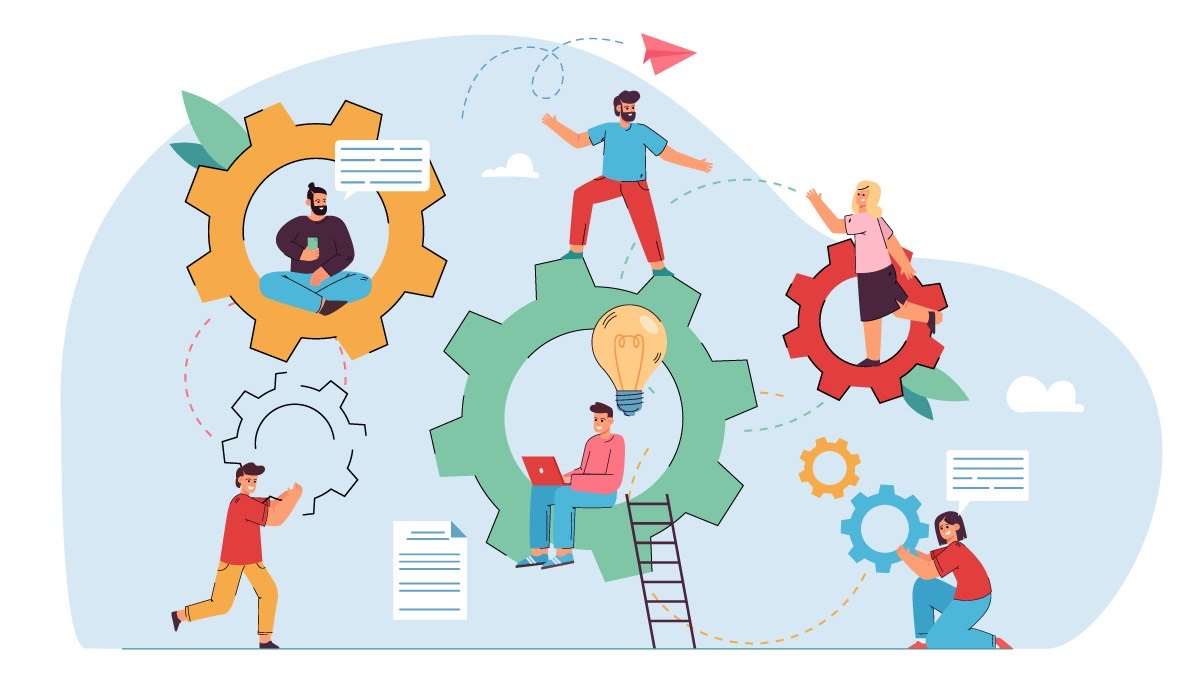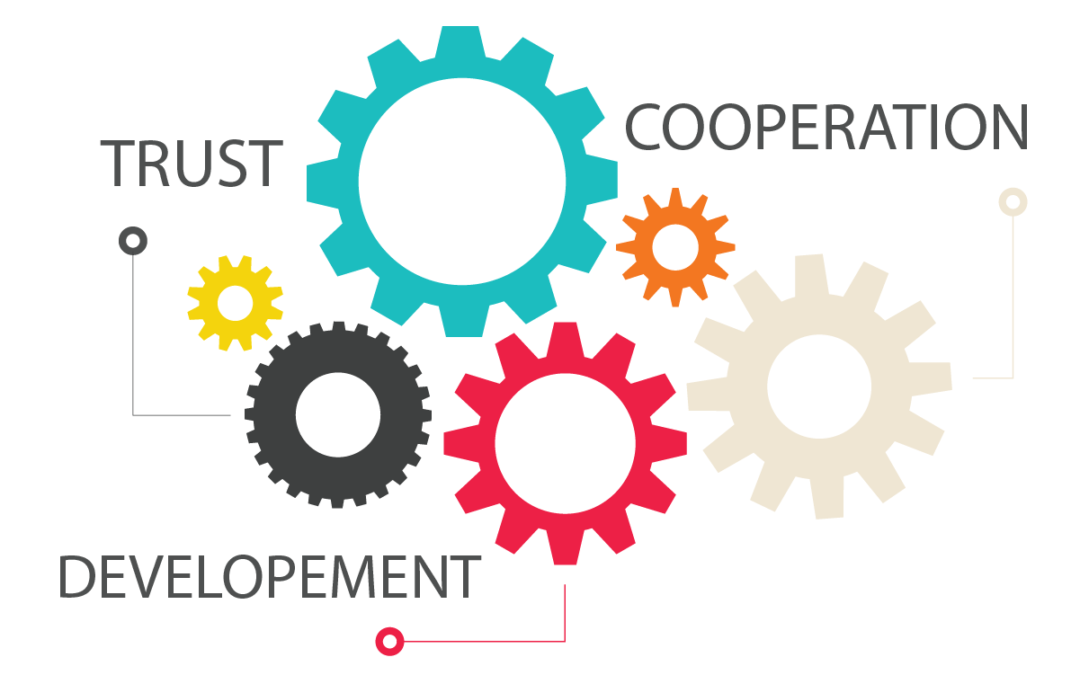Vision and Values for Development
Those are some of the key takeaways from the 5th workshop organized by Diplomatic Academy of the Ministry of Foreign Affairs of Montenegro and United Nations Development Programme aimed to discuss the role of public administration for leading the future progress of society based on trust and cooperation among different stakeholders.
Inclusion, equity and accessibility
The group of young professionals were inspired by highly interesting presentation of Tamara Srzentić, Minister of Public Administration, Digital Society and Media of Montenegro who pointed out that in order to strengthen society, empower employees and build a better system, we need to start from changing ways of thinking, culture and practices.
„Inclusion, equity and accessability must be baked in from the very begining of a service, programme or policy design. “
When people are at the center of government, it is important to realize that we are all designers of users’ experience. In that respect, we have to aspire for multidisciplinary approach, open collaboration and experimental culture. Having a clear vision, understanding the mission and being guided by values is of ultimate importance in this process.
To move forward we need to push hard for diversity, which enables understanding and leads to better services that solve problems for those who might have otherwise been sidelined, pointed out Minister Srzentić and set the floor for the panel discussion that put additional light on this topic from three different angles – state administration, civil society and international organization.
Siniša Bjeković, Protector of Human Rights and Freedoms (Ombudsman) pointed out that changes in society require different behavior of people in a certain time and place. To achieve social cohesion, we must change the postulates of our social action. More precisely, from mechanical solidarity in a society that perceives people only as members of a certain social concept, it is necessary to move to functional solidarity.
“We are not just parts of a same chain, but a set of connected although separate individuals.”

Starting from this principle, social, economic and financial policy measures are created much more carefully, because they necessarily take into account the positions of individuals who are often part of vulnerable social groups. Measures should be coordinated and complementary, i.e. not to meet only one goal, such as financial, but also the goal of preserving the social substance, especially when it comes to women in Montenegro, because their role in society and family still stands in the position of too high and unequal expectations. Progress in this area requires an adequate framework, which provides equal opportunities for women and men, so that everyone has a chance to realize their personal potentials.
Aleksandra Vukčević from the Civic Alliance confirmed this position, emphasizing that gender equality and empowerment of women is crucial for the development of our society as a whole. Women need to be enabled to actively participate in all social processes and should be treated as independent individuals who have the inalienable right to make autonomous decisions concerning their lives, pointed out Vukčević. Leaving no one behind also means that all women and men will have equal access to quality education, health and employment, regardless of social status.
“Women empowerment is an indispensable part of the path to a cohesive society.”
Finally, UNDP Resident Representative Daniela Gasparikova put specific emphasis on negative effects that stereotypical opinions might create in a society. Therefore, it is very important that appropriate messages reach out to all groups cohabiting in the society. In this process it is important to find and tell the truth, but not in a way that we only identify the problem, rather providing constructive solutions for the progress of the society as a whole. Development has to work for all.
Vision of Society
There is no perfect society, but we should have a vision to strive for. Therefore, continuous dialogue is needed in order to have a clear picture where we want our society to be 20 years from now. In other words, all stakeholders should jointly develop the vision of society and common agreement about the values that will take us to the future we want. Common values and collaboration are needed for equal, just and economically developed society.
* * *
This workshop is part of the second edition of the programme for young diplomats and civil servants from Montenegro implemented within the regional initiative “Dialogue for the Future”. The regional initiative is funded by the UN Peacebuilding Fund, jointly implemented by UN teams and relevant institutions in Montenegro, the Republic of Serbia and Bosnia and Herzegovina, and aims to create additional space for constructive dialogue between citizens, communities, as well as citizens and decision-makers by promoting social cohesion, trust and respect for diversity.
The first edition of the programme devoted to intercultural communication in the global world gathered the group of 30 young diplomats and civil servants from Montenegro during 2020. More about this program at the link: Dialogue for Tolerance and Cohesion | Young Diplomats

